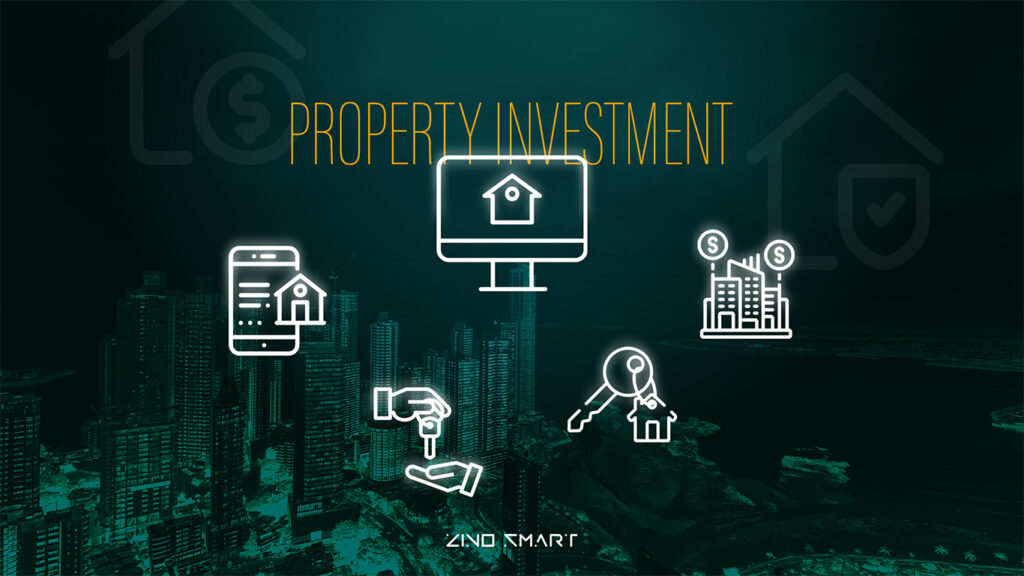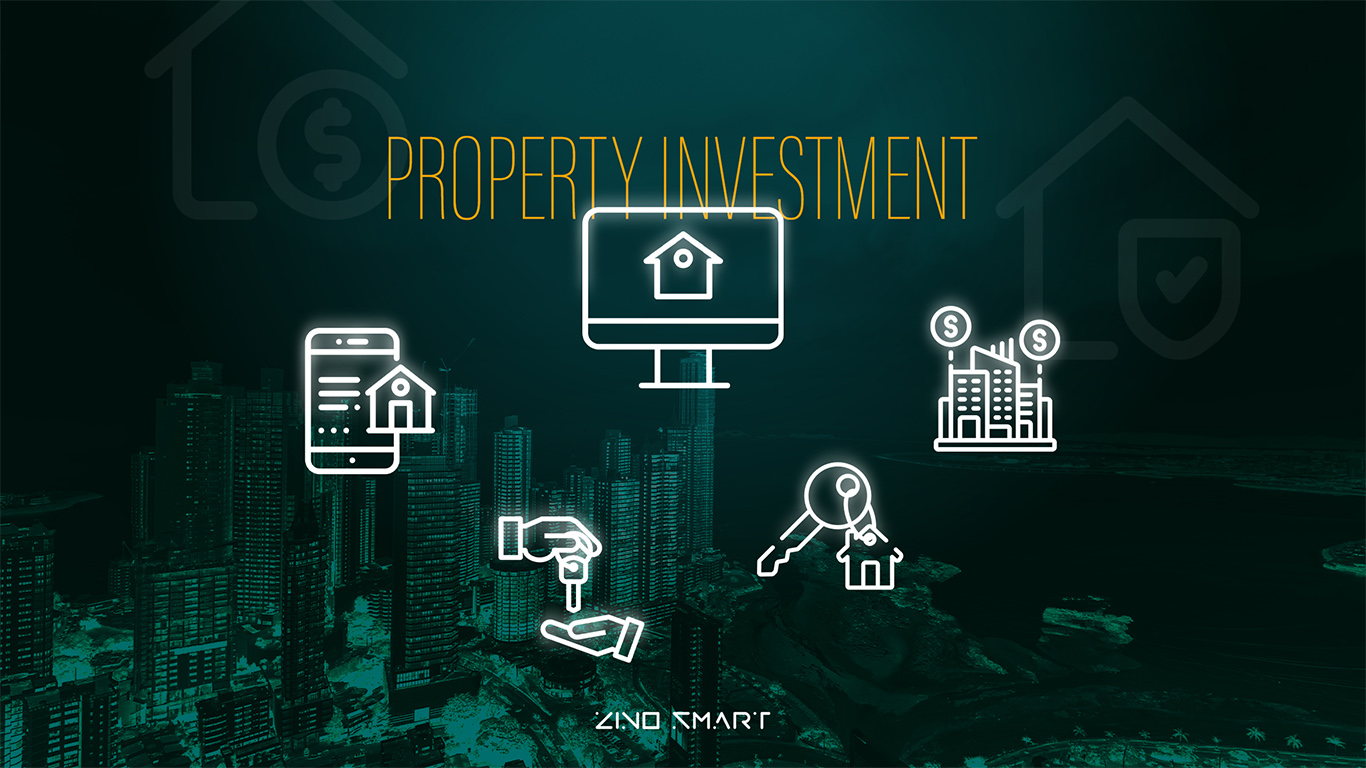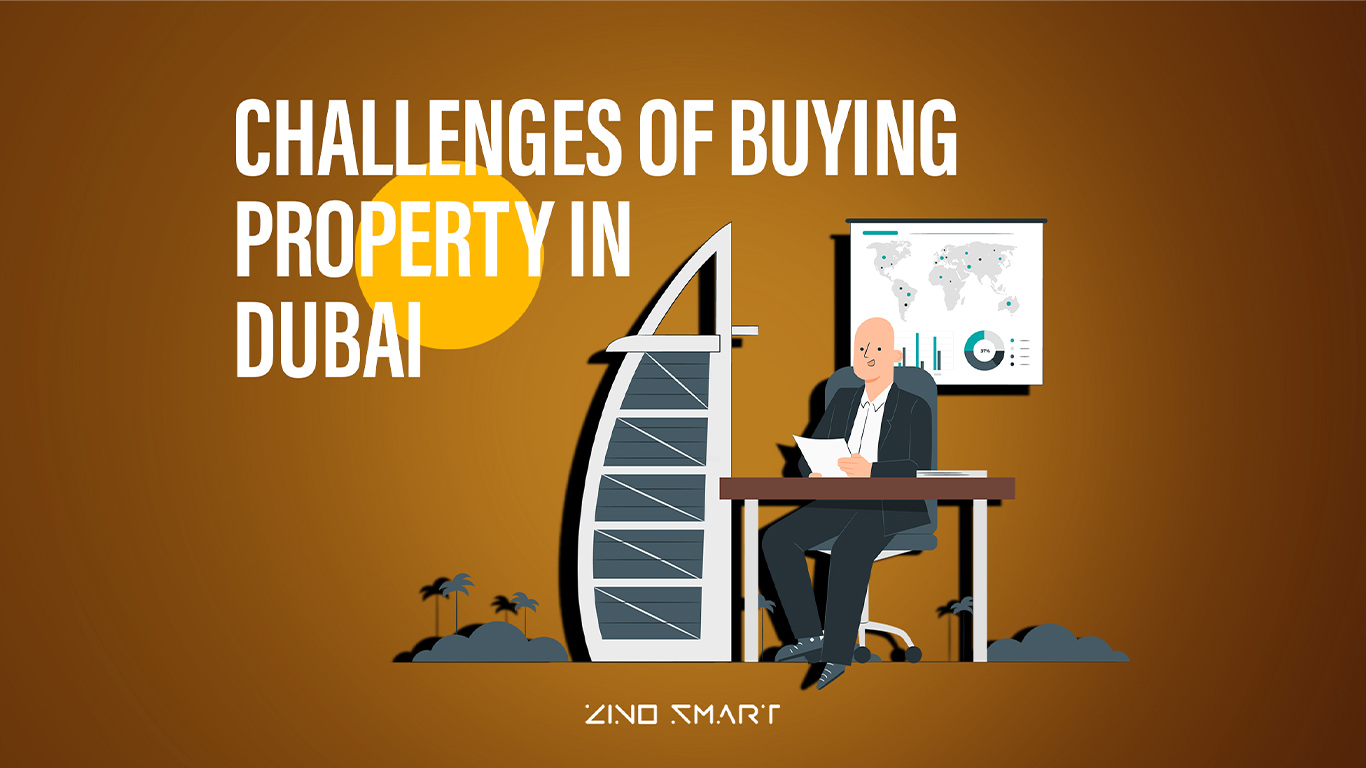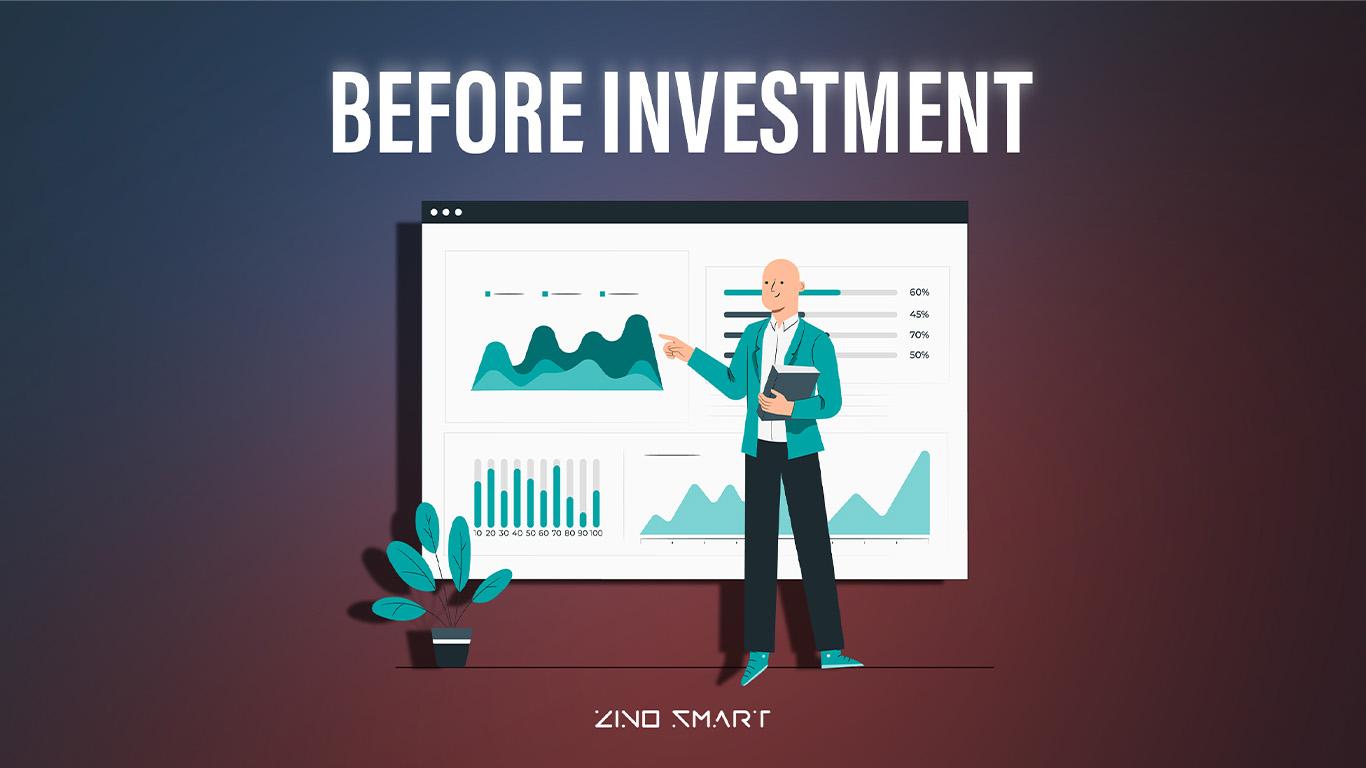Property investment: Houses and units seem easier to understand than many other types of investments.
However, it’s important to understand how investing in property works, to decide if it’s right for you.
Pros and cons of investing in property
Property investment is often seen as being less risky than other forms of investment. However, while it may seem more straightforward, there are pitfalls to be aware of. Here’s what you need to consider about investing in property.
Pros
Less volatility – Property can be less volatile than shares or other investments.
Income – You earn rental income if the property is tenanted.
Capital growth – If your property increases in value, you will benefit from a capital gain when you sell.
Tax deductions – You can offset most property expenses against rental income, including interest on any loan used to buy the property.
Physical asset – You are investing in something you can see and touch.
No specialized knowledge required – Unlike some complex investments, you don’t need any particular specialized knowledge to invest in property.
Cons
Cost – Rental income may not cover your mortgage payments and other expenses.
Interest rates – A rise in interest rates will mean higher repayments and lower disposable income.
Vacancy – There may be times when you have to cover the costs yourself if you don’t have a tenant.
Inflexible – You can’t sell off a bedroom if you need to access some cash in a hurry.
High entry and exit costs – Expenses such as stamp duty, legal fees, and real estate agent’s fees.

Diversify your investments
Invest in more than just property so your money isn’t all in one market. If you invest in one market, it’ll increase your risk and means your portfolio isn’t diversified. See choose your investments for how to find other investments to help you reach your goals.
Costs of investing in property
Buying, managing, and selling an investment property can be costly and will affect your overall return.
Cost to buy and sell
Some of the costs involved to buy and sell a property include:
stamp duty
conveyancing fees
legal costs
Search fees
pest and building reports
If you sell your property, you will have to pay agent’s fees, advertising costs, and legal fees. You may also have to pay capital gains tax
if the property has increased in value.
Borrowing money to buy
If you borrow to invest, you will have to pay the property mortgage. Don’t rely on rental income to cover the mortgage – there may be times when your property is empty.
Many people buy investment property with interest-only loans, but remember the interest-only period will end after a certain time. This means your repayments will increase to pay the amount borrowed, plus the interest. See interest-only home loans to find out how they work.
Ongoing costs of investment properties include:
council and water rates
building insurance
landlord insurance
body corporate fees
land tax
property management fees (if you use an agent)
repairs and maintenance costs
Tax on your investment property
Although you may be able to claim tax deductions on expenses, you’ll still have to pay them upfront. For positively geared investments, you may pay tax on your rental income.



